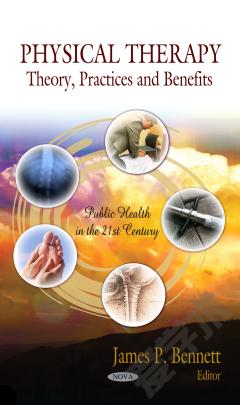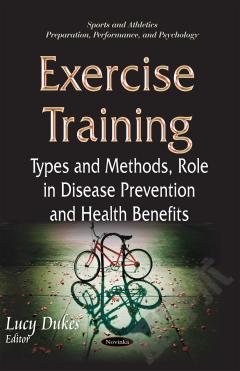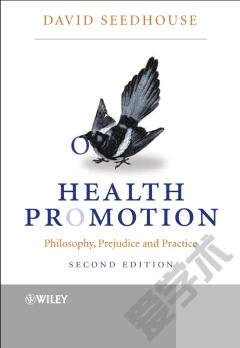Meditation: Practices, Techniques and Health Benefits
The Many Benefits of Meditation addresses prenatal meditation and its positive effects on maternal health, fetal health and infant health. The authors evaluate a Prenatal Eastern Based Meditative Intervention (EBMI) program developed for pregnant Chinese women in Hong Kong in order to evaluate the effects of meditation on pregnancy. The conceptual framework was based on the postulation of positive relationships between meditation and pregnancy health which is important for fetal health and child health. The following chapter discusses how the exponential growth of mindfulness-based interventions (MBIs) in recent years has resulted in a marketisation and commodification of practice (popularly labeled ‘McMindfulness’) which divorces mindfulness from its ethical origins in Buddhist traditions. Another article is included which examines the elusive primordial energy that the ancient yogis referred to as Kundalini. This energy is said to ascend through each of the seven chakras from the base of the spine to the crown of the head. When the Kundalini reaches the crown chakra, cosmic consciousness, a restructuring of the psyche, and paranormal abilities have been reported. The authors use a multidisciplinary approach to explore how Kundalini is typically expressed and safely managed, and the importance for recognition by health care professionals. Next, a review is presented with the objective of determining whether evidence exists that directly compares the utility of tai chi/qi gong and mindfulness meditation in the treatment of cancer pain in adults. Several articles described the benefits of tai chi/qi gong on the pain experience of adult cancer patients, and multiple articles discussed the positive effects of mindfulness practices on pain. A paper is presented which examines the effects of Concentrative Meditation on worry, attention, dispositional mindfulness, and decentering. The results suggest that short-term uses of concentrative meditation are likely to be effective for worry, which may be associated with enhanced selective attention and decentering. Later, the effects of cognitive decentering and thinking errors on eating disorder symptoms among women's college students are examined. A structural equation model of questionnaire data (N = 173) revealed that cognitive decentering reduced eating disorder tendency by ameliorating thinking errors. The last study combines three distinct literatures. Burnout is a huge concern as workers and employers experience losses and challenges due to its effects, and DoS and mindfulness have been identified as important psychological traits for coping with burnout. The results of this study suggest that both DoS and Mindfulness are negatively correlated with burnout, indicating that these traits are important buffers against and resources for coping with emotional exhaustion. (Nova)
{{comment.content}}








 京公网安备 11010802027623号
京公网安备 11010802027623号